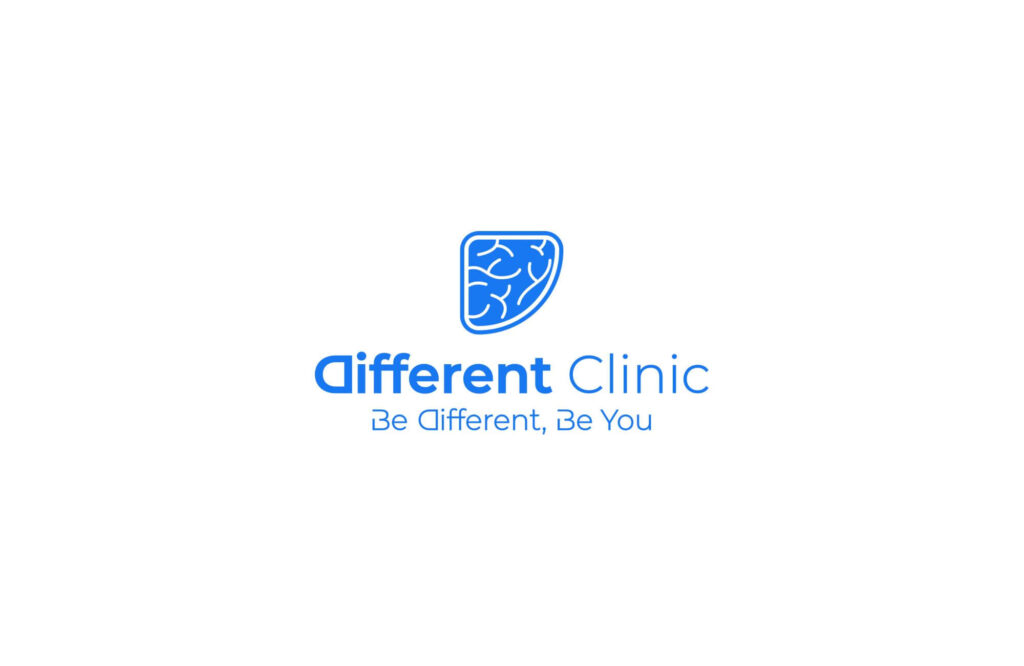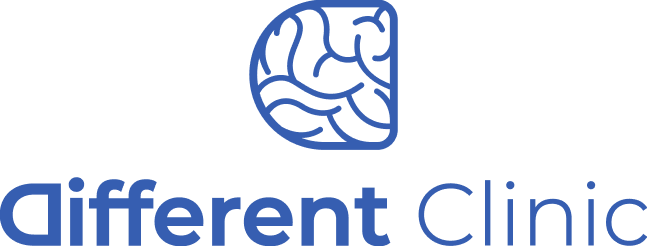At Different Clinic, we are dedicated to providing personalized mental health services that address each individual's unique needs. One of the key services we offer is neuropsychological assessment, a specialized evaluation designed to understand how cognitive functions like memory, attention, problem-solving, and emotional regulation affect your overall mental health. This assessment helps to identify cognitive strengths and challenges, providing a clear path for diagnosis and treatment.

A neuropsychological assessment is a comprehensive evaluation of how your brain works in relation to thinking, behavior, and emotions. This in-depth process uses a series of tests to assess various cognitive functions, including:
The goal is to get a detailed understanding of how your brain is functioning and how this impacts your daily life. This is particularly useful for diagnosing conditions such as ADHD, learning disabilities, traumatic brain injuries, dementia, and mood disorders.

Neuropsychological assessments are designed to measure a wide range of cognitive domains. These include:
Evaluates overall intellectual abilities, including reasoning, problem-solving, and abstract thinking.
This domain assesses both short-term and long-term memory capabilities.
This domain evaluates your ability to focus on specific tasks and maintain attention over time.
This domain measures various aspects of language, including comprehension, expression, and the ability to name objects.
This domain assesses the ability to perceive and interact with the world visually.
This domain includes skills such as planning, organizing, problem-solving, and decision-making.
The assessment of your personality traits, emotional responses, and overall psychological well-being.

If you or a loved one are experiencing difficulties with thinking, memory, concentration, or emotional regulation, a neuropsychological assessment can provide valuable insights. This assessment can benefit individuals who have:
At Different Clinic, our neuropsychological assessment process is designed to be thorough and comfortable. Here’s what you can expect:
You will undergo a series of standardized tests, both paper-and-pencil and computer-based, which evaluate various cognitive functions such as memory, attention, problem-solving, and language skills. These tests are non-invasive and are administered in a quiet, supportive environment.
The assessment typically takes several hours to complete, depending on the areas being evaluated. Breaks are provided to ensure your comfort throughout the process.
After the testing is completed, our team will analyze the results and prepare a detailed report. This report will explain the findings clearly, focusing on how your brain functions and its impact on your daily life.
You will have a follow-up session to review the results with one of our clinicians, who will explain the insights and recommendations for treatment or further steps, ensuring you have a full understanding of the outcomes.
Neuropsychological assessments at Different Clinic can be particularly helpful for diagnosing and managing a range of conditions, including:
Different types of assessments are used depending on your needs and the areas of concern, such as:
Evaluates short-term and long-term memory, as well as the ability to retain and recall information. It’s often used for individuals experiencing memory loss, cognitive decline, or after brain injuries or illnesses such as stroke or dementia.
Measures the ability to maintain focus, divide attention between tasks, and process information quickly. It’s typically used for individuals with attention difficulties, such as ADHD or after a concussion or brain injury.
Assesses higher-order cognitive skills like problem-solving, planning, organization, decision-making, and impulse control. It’s used for individuals with difficulties in organizing tasks, managing time, or making decisions, often following a brain injury or related to conditions like ADHD or frontal lobe dysfunction.
Evaluates abilities related to understanding and producing language, including verbal fluency and comprehension. It is applied when individuals have language difficulties after a stroke, brain injury, or developmental issues affecting communication.
Tests the ability to perceive, interpret, and organize visual information, such as recognizing shapes and patterns or navigating spaces.It’s often used for individuals who have difficulty with spatial awareness, navigation, or recognizing objects, which can result from brain injuries or conditions like dementia.
Assesses fine and gross motor skills as well as sensory processing, including hand-eye coordination and reaction time.It’s common for individuals recovering from brain injuries, strokes, or those with neurodevelopmental disorders that affect motor coordination.
Measures emotional regulation, mood stability, and the cognitive effects of emotional disorders such as depression or anxiety. It’s useful for individuals experiencing mood changes, irritability, or emotional instability, often in conjunction with cognitive impairments.
Tests reading, writing, and mathematical skills to identify learning disabilities or cognitive challenges related to academic performance. It’s used primarily for children or adults who are struggling academically, helping to diagnose learning disabilities like dyslexia or other learning challenges.
At Different Clinic, we believe in a holistic, client-centered approach to mental health care. Our neuropsychological assessments provide a clear and thorough understanding of how your brain functions, offering you the answers you need to move forward confidently. With a team of experienced therapist, we ensure that every step of your journey from assessment to treatment is handled with care, compassion, and expertise.
Neuropsychological testing for adults and neuropsychological testing are essential tools in understanding cognitive functions. Our neuropsych evaluation and neuropsych assessment processes are designed to provide comprehensive insights into your mental health. Through neuropsychological evaluation, we can identify specific areas of concern and develop a personalized treatment plan.

4711 Yonge St., 10th Floor, Unit 10097, Toronto, ON M2N 6K8
Monday to Friday 8:00 AM to 8:00 PM / Weekends: Saturday from 10:00 AM to 6:00 PM.

